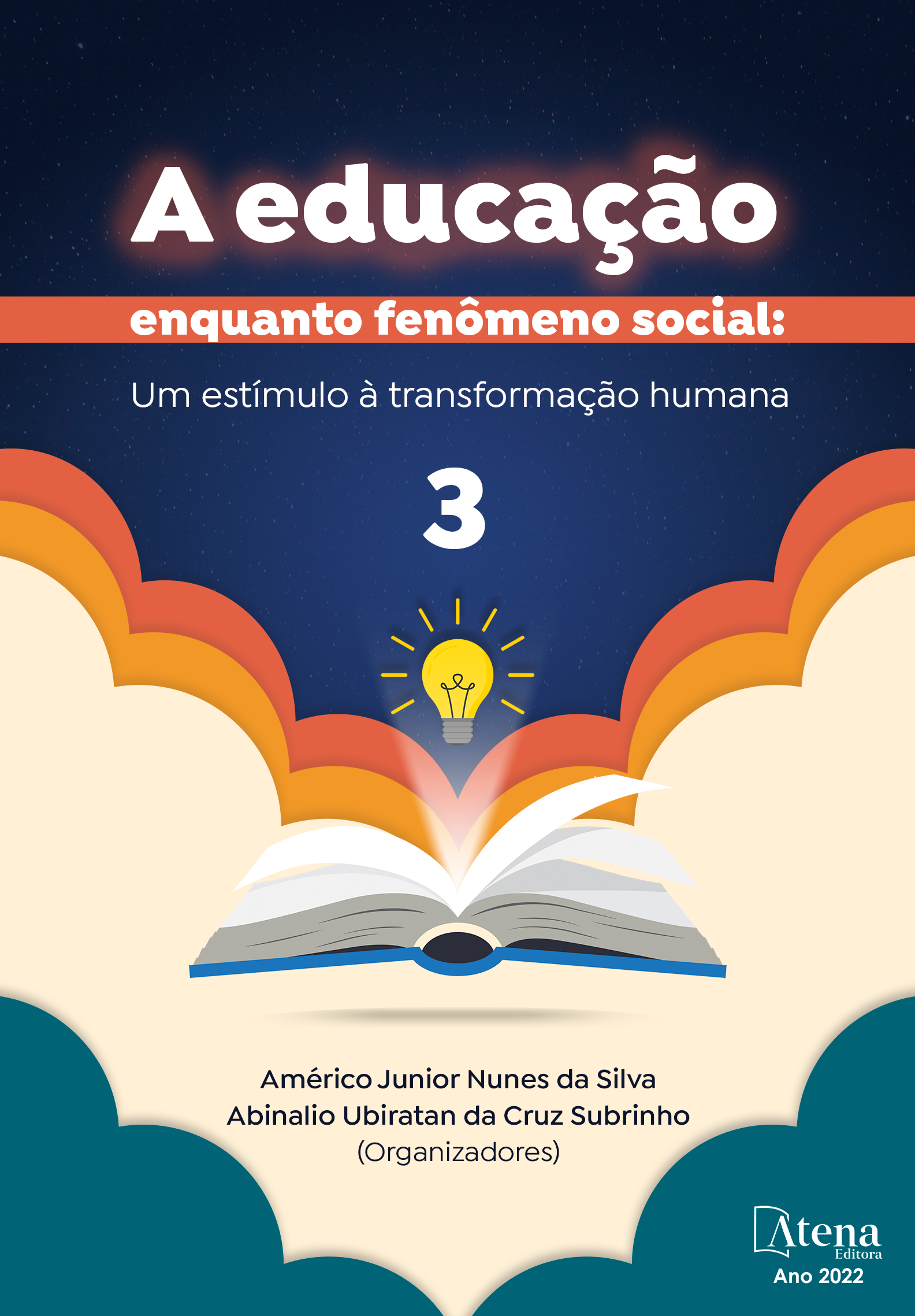
Concepções e percepções dos professores e graduados sobre a formação humanista no curso de Pedagogia no ISCED de Cabinda, Angola
A presente investigação tem como questão de partida identificar os conteúdos, conhecimentos e práticas que são necessários para a formação humanista dos estudantes no curso de pedagogia a nível do ISCED-Cabinda. Assim, pretende-se aprofundar no plano teórico e plano prático os conceitos de humanismo e sua evolução e caracterizar a evolução das tendências pedagógicas que orientam a formação do homem; para tal, seguimos a linha dos estudos da teoria crítico-social dos conteúdos. De acordo com as opiniões obtidas a partir de uma metodologia mista, aplicando a técnica do questionário aberto, se pode compreender que o humanismo é percebido como diálogo, respeito aos educandos e aos seus saberes, colocar o estudante no centro, autonomia, liberdade de pensar e de opinar, incentivo a criatividade e ao espírito crítico, formação de valores, sensibilidade, visão holística e boas relações entre os agentes da educação. Quanto ao curso, concluindo-se, assim, que a concepção humanista não é tratada de forma explicita no curso de pedagogia. Pois, há algumas insuficiências relacionadas com a formação, como: o pensamento vertical; gestão antidemocrática do currículo; ensino “bancário’’ e “reprodutivo”, isto é, baseado na lógica tecnicista. Diante desta realidade, é necessário desenvolvermos trabalhos colaborativos e todos os docentes são convidados para uma mudança de paradigma, de modos, a melhorar a formação integral dos estudantes do curso de Pedagogia. Para isso, os encontros metodológicos no Departamento de Ensino e Investigação deste curso, podem constituir-se na chave do mesmo processo.
Concepções e percepções dos professores e graduados sobre a formação humanista no curso de Pedagogia no ISCED de Cabinda, Angola
-
DOI: 10.22533/at.ed.63922110313
-
Palavras-chave: formação humanista, educação, curso de pedagogia, Formação de professores
-
Keywords: : humanist training, education, pedagogy course, Teacher training
-
Abstract:
The present investigation has as its starting point identify the contents, knowledge and practices that are necessary for the humanist training of students in the pedagogy course at the ISCED-Cabinda level. Thus, it is intended to deepen in the theoretical and practical plan the concepts of humanism and its evolution and characterize the evolution of pedagogical trends that guide the formation of man; for that, we follow the line of studies of the social-critical theory of contents. According to the opinions obtained from a mixed methodology, applying the open questionnaire technique, it can be understood that humanism is perceived as dialogue, respect for students and their knowledge, putting the student at the center, autonomy, freedom to think and to give opinions, encourage creativity and critical thinking, formation of values, sensitivity, a holistic view and good relations between education agents. As for the course, thus concluding that the humanist conception is not explicitly addressed in the pedagogy course. Well, there is some insufficiencies related to training, such as: vertical thinking; undemocratic curriculum management; “banking” and “reproductive” teaching, that is, based on the technicist logic. Given this reality, it is necessary to develop collaborative work and all teachers are invited to a paradigm shift, in order to improve the integral training of students in the Pedagogy course. For this, the methodological meetings in the Department of Teaching and Research of this course can be the key to the same process.
-
Número de páginas: 21
- Lando Emanuel Ludi Pedro


